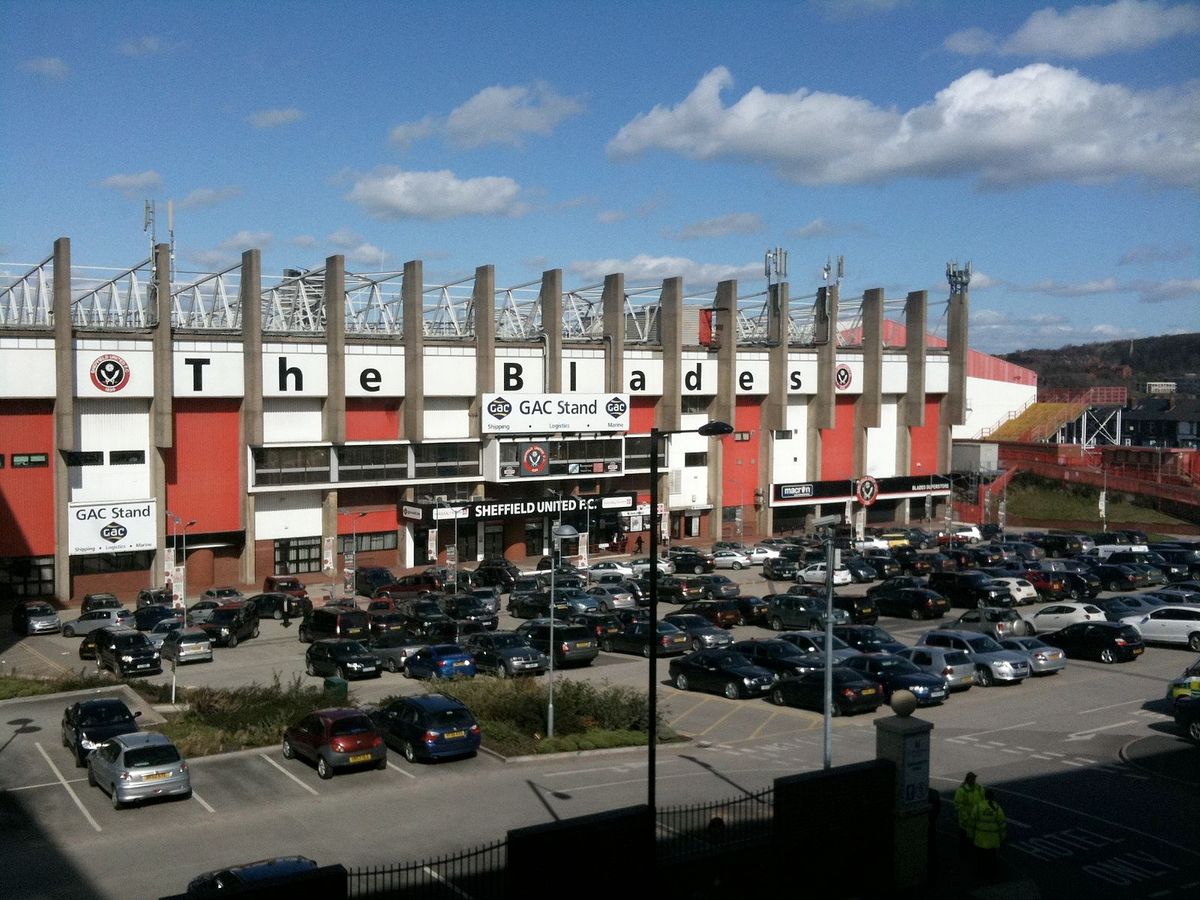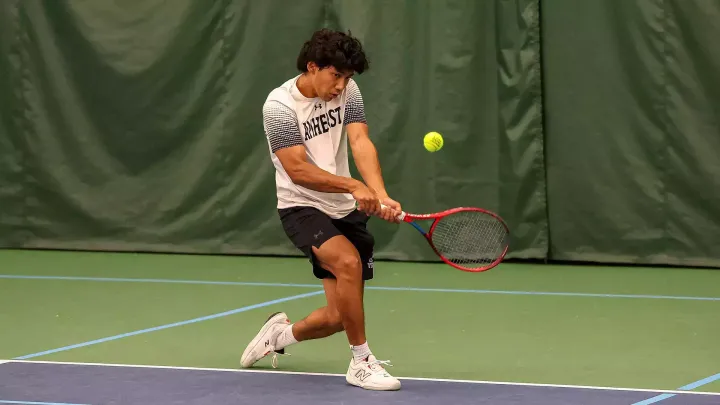Swashbuckling Sheffield United Takes Premier League by Storm

In the dull, flat grey light of an early English morning, the city of Sheffield comes to life. Situated three hours north of London in South Yorkshire, the city stands today as a town reborn, revitalized by a surprisingly vibrant decade and economic growth that has outpaced the wildest expectations for even the most successful post-industrial communities.
Sheffield is perhaps best known for its history of manufacturing; the town was once famous around the world for its forks and knives. In the following decades, Sheffield transformed from a producer of cutlery into the Steel City, with the invention of stainless and crucible steel transforming a sleepy factory town into a manufacturing and productive powerhouse, fueling a tenfold increase in population.
However, the city’s fortunes, like the rest of the nation’s, took a familiar turn for former manufacturing powerhouses during the 1980s and 1990s with the decades’ austerity programs, Thatcherism and inevitable industrial decline. South Yorkshire, and more broadly the north of England, was the backdrop for the era’s most contentious clashes, from the Miners’ Strike of 1984 and the forcible breaking up of unions and picket lines with police truncheons.
Almost overnight, the coal mining industry that sustained the city’s steel mills collapsed, with thousands of miners out of work, the city center emptied out, and South Yorkshire entered into an economic depression. Steel jobs halved nationwide, and Sheffield was no exception. The city that had built itself on steel suddenly had nothing to support itself with.
However, the city, in a story of rebirth and revival, refashioned itself into a center for art, culture and business. Dozens of movies have been shot on the city’s narrow streets, where the Artic Monkeys honed their sound, and home to largest construction company in the nation, SIG UK.
Not every part of the city was so quick to remake itself. Sheffield, despite its struggles, has maintained a fervent love and passion for not one, but two clubs, Sheffield United and Sheffield Wednesday, who compete in the Still City Derby, one of the biggest matches in England despite taking place, oftentimes, below the first tier of English football. The last time one of these two teams was in the Premier League was Sheffield Wednesday’s 1999-2000 campaign.
Sheffield has a long a storied footballing tradition; soccer was invented and codified in the city, the first professional club in history was founded in Sheffield, and Sheffield United’s home ground, Bramall Lane, is the oldest professional stadium in the world.
Both clubs fell on hard times, but Sheffield United, otherwise known as the Blades, was hit the hardest. United was one of the founding members of the Premier League in 1992 and was the first squad to score a goal in the new competition. However, this topflight success was not to last, as the team was relegated to the second tier after the 1993-1994 season. Difficult seasons followed, with a period of decline mirroring that of its home city.
The club returned to the Premier League in 2007 but was relegated the following season after a loss in the final game and a shock West Ham United victory over champions Manchester United on the final day of the season. West Ham’s lone goal in the game was scored by Carlos Tevez, a player whose transfer to West Ham was later deemed illegal. Sheffield United sued West Ham, and they ultimately received 27 million pounds in compensation from their opponents, but it was too little, too late. The Blades were already condemned to life in the second tier.
As if that was not enough, in 2010-2011, further hardship struck the club, as it wasrelegated from the second tier to the third.
In 2013, however, the club, like its home not a few years before, was reborn. A new ownership group invested in the club, purchasing a 50 percent stake for just a single pound and the promise of substantial new capital with the stated aim of returning the club to the Premier League.
The team was returned to the second tier after a demoralizing stint in League One after the 2016-2017 season after Chris Wilder, a former player for Sheffield United, took charge of the club and introduced a radical, swashbuckling style of play that eventually drove the club all the way back to the Premier League in 2019, returning the club to the top flight and sending the once proud city into joyous celebration.
The city that had remade itself out of the ashes finally had a club that had done the same. Sheffield United, like the town whose name it bears, was back.
That a team from Sheffield would even line up against the big names of English football, such as Arsenal, Chelsea, Manchester United, Liverpool and others is almost enough reward in and of itself. But, true to the city it represents, Sheffield United has not done that; rather, the team finds itself sitting in rarefied airs, above the giants and the rich alike, currently situated in fifth place above traditional powers such as Arsenal, Tottenham, Manchester United and Everton. Sheffield is just two points behind fourth place Chelsea, who sits in the final qualification spot for the Champions’ League, the highest level of soccer in Europe.
Unlike many recently promoted teams of the past decade, the Blades did not go on an unsustainable spending spree when they returned to the Premier League after over a decade languishing in the lower tiers; rather, the club spent smartly and frugally, with some estimates for its summer outlay being as low as 45 million pounds, a miniscule sum when you consider that, just last week, Manchester United spent more than double that on one single player.
Chris Wilder, the man who engineered the club’s rescue from the doldrums of the third tier, continues to prowl the sidelines, forging a team with a fearless identity and innovative tactics. Players like longtime captain Billy Sharpe, who was with the club during some of its darkest times, are reaping the rewards of their commitment. Phil Jagielka, a longtime Everton stalwart who started his career with the Blades, returned to the club upon their return to the league. Built not from the transfer market but rather forged through the fires of its own collective experience, the team has thrived based on its collective continuity, rather than individual talents.
The team plays with reckless abandon and a formidable backbone. Center backs, the primary defensive spine of every soccer team, fly forward in attack for Sheffield like almost no other club in the world. They play just three at the back and push them forward in attack; the concept of overlapping center backs is unique in world football. Without the ball, the Blades are similarly relentless, making up for any skill gap with tireless effort and pressure. They are, at their core, a team that relies on all eleven players working within the system and with each other.
With two thirds of the season over, Sheffield is flying far higher than it ever could have possibly dreamed. For a city that has experienced the lowest of lows, and a club whose fortunes have risen alongside it, it is nothing short of a dream.
By all rights, they should not be here. They don’t have the money to compete on the international transfer market for the biggest, most established names. They cannot raid smaller clubs for talent to bolster their first team squad. They don’t necessarily have the glittering support of multinational corporations, and they can’t afford to make huge transfers (the largest transfer in club history, Sander Berge, was completed last month for the relatively paltry fee of 25.85 million pounds).
The Blades are a reflection of Sheffield, a team representing a town determined to remake itself in the face of hardship, unbowed and unbroken. Liverpool might be running away with the title this season, but the story of the year has to be how a group of overlooked newcomers, through sheer force of will, have willed themselves to the near pinnacle of world soccer. They have a core of pure steel.



Comments ()